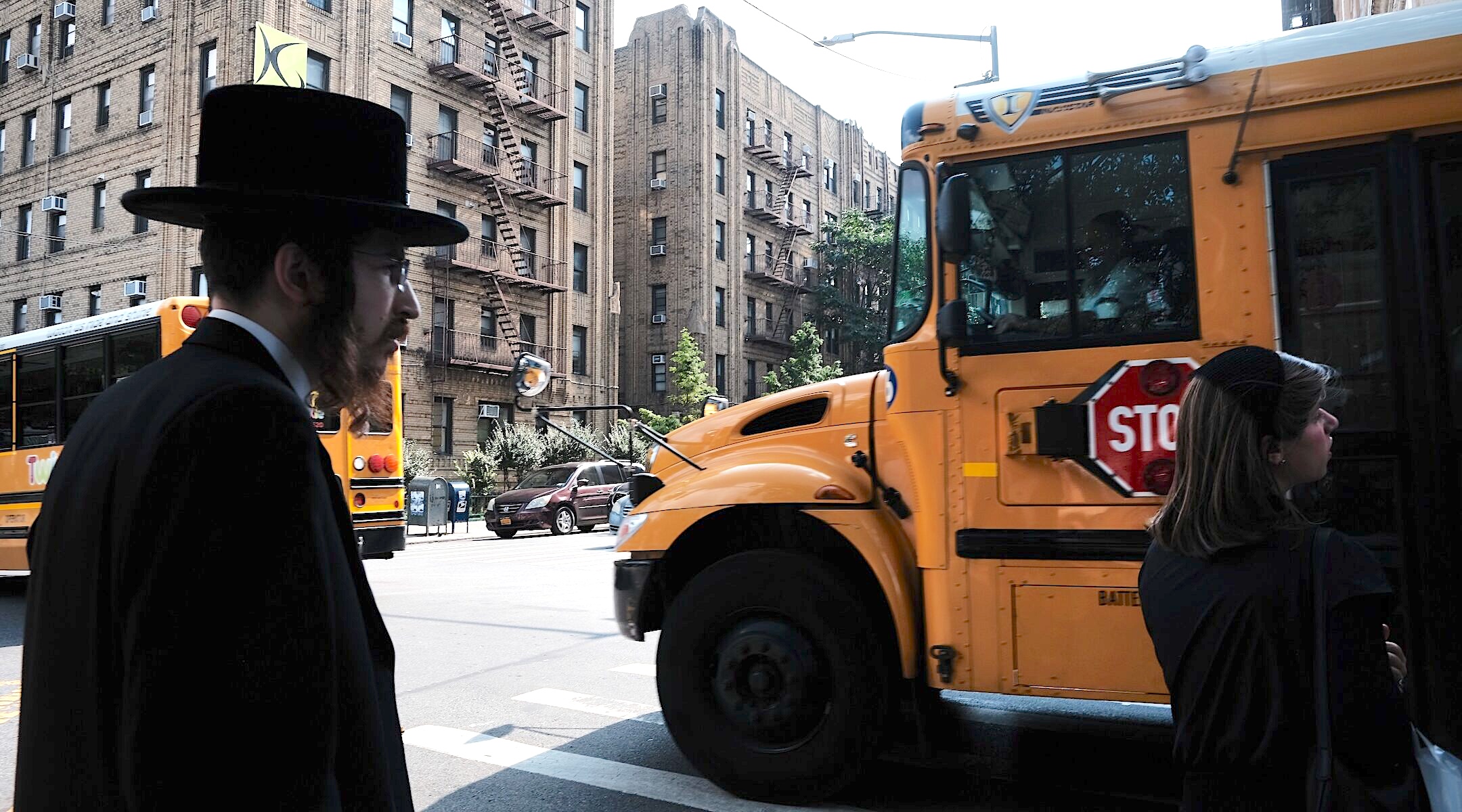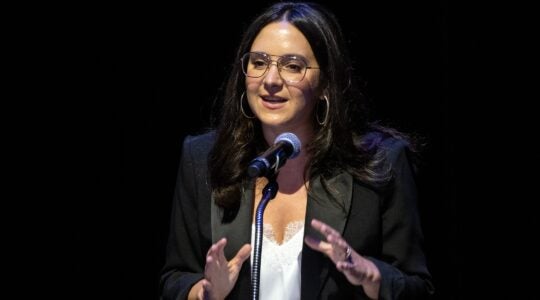A sweeping new school choice subsidy and the first of its kind at the federal level is now law, after President Donald Trump signed his tax and spending package known as the “One Big Beautiful Bill” last week.
The $1,700 federal tax credit to support private school tuition delivers a long-sought victory to Orthodox Jewish advocacy groups and other religious education proponents. The size of the tax credit is far less than what was initially included in the bill, but there is also no longer any cap on how many people can access it.
“The OBBB is big and complicated, but one thing is simple: the largest ever federal school choice program is now the law of the land,” Nathan Diament, executive director of the Orthodox Union Advocacy Center, said in a statement. “This has been an OU Advocacy goal for decades.”
The subsidy embedded within the sprawling, nearly 900-page legislation is called Educational Choice for Children Act, and it could generate hundreds of millions of dollars in private school scholarships annually, starting in 2027.
The program offers taxpayers a 100% federal tax credit for donations of up to $1,700 “scholarship-granting organizations” — entities set up to distribute the donations. Those groups, in turn, will disburse funds to help families pay for tuition at private and faith-based schools, including Jewish day schools and yeshivas.
While donors cannot specify that their contribution support a particular student or family, they may be permitted to direct funds toward a specific school or network of schools — a feature that could prove especially beneficial for religious communities seeking to bolster their educational institutions. And while the legislation specifies that scholarship-granting organizations must give to at least 10 students across at least two schools, it does not limit how many an individual student can receive.
Orthodox groups, including the Orthodox Union and its Teach Coalition as well as Agudath Israel of America, were among the most vocal backers of the school choice provision, which they say will reshape how religious schools are funded and increase access to Jewish education.
In a statement, Rabbi A.D. Motzen of Agudath Israel thanked key Republican lawmakers for championing the policy and called it “an important step closer to a vision of universal school choice in all 50 states.”
The law does not mandate participation. States will need to elect whether to implement the program, which opens up a new frontier for advocacy.
“The fight doesn’t end with the signing of the bill. States must opt into the program, and we are positioned to lead that effort,” Sydney Altfield, Teach Coalition’s national director said in a statement.
While details will be finalized by federal officials, the potential financial impact on Jewish day schools and the families enrolled in them could be substantial. Paul Bernstein, CEO of the Jewish day school support network Prizmah, said the average scholarship award is expected to be “quite meaningful,” calling the news a historic opportunity.
“We believe that many Jewish day schools across the country will eventually cover a majority of their scholarship needs through the program,” Bernstein said in a statement. “We view this program as a major catalyst for Jewish day school affordability.”
The school choice measure marks a significant shift in federal education policy. Although more than two dozen states already have their own voucher or tax-credit programs, this is the first time the federal government is offering tax incentives on a national scale to support private education.
Critics of the law, including public education advocates, have warned that such programs risk diverting support from public schools and eroding the separation of church and state. But its supporters argue it empowers families, especially those seeking religious education for their children, to make choices they couldn’t otherwise afford.
JTA has documented Jewish history in real-time for over a century. Keep our journalism strong by joining us in supporting independent, award-winning reporting.






